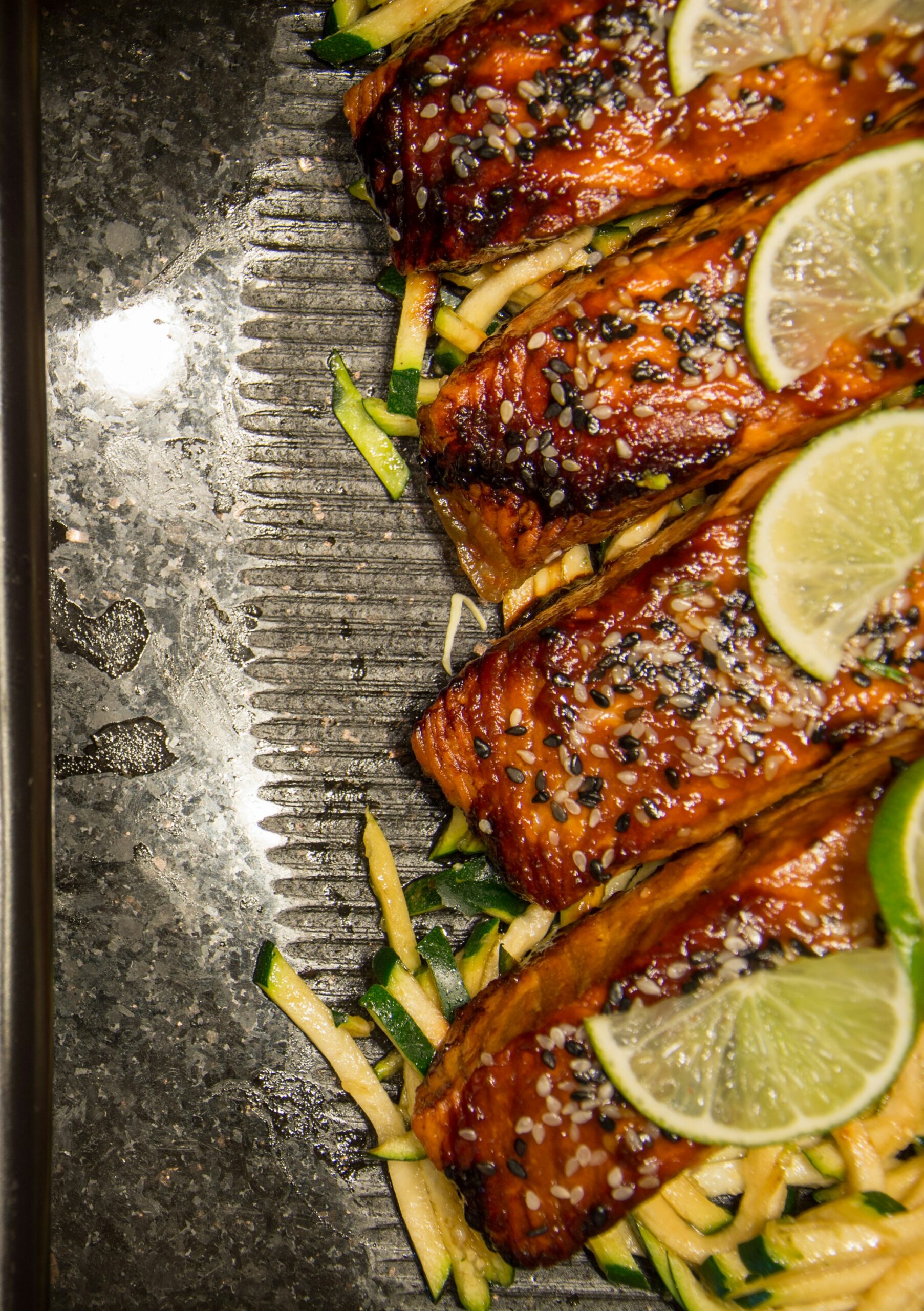Thinking of starting the keto diet but unsure about whether you can still enjoy your favorite alcoholic beverages? Wonder no more! In this article, we will explore whether it is possible to indulge in a glass of wine or a pint of beer while following the strict guidelines of the keto diet. So, grab a drink (non-alcoholic for now!), sit back, and let’s find out if alcohol is still on the menu while on the keto diet. Cheers!

Understanding the Keto Diet
The keto diet, short for ketogenic diet, is a low-carb and high-fat eating plan that has gained significant popularity in recent years. The main principle of the keto diet is to shift the body’s primary source of fuel from carbohydrates to fats, resulting in a metabolic state called ketosis.
Principles of the keto diet
The keto diet is built upon the principle of drastically reducing carbohydrate intake and increasing fat consumption. By restricting carbs to a minimal level, typically around 20-50 grams per day, the body is forced to find an alternative fuel source.
What are Ketones and Ketosis
Ketones are organic compounds produced by the liver when the body is in a state of ketosis. Ketosis occurs when carbohydrate intake is significantly reduced, and the body starts to break down stored fat for energy. This process leads to the production of ketones, which are then utilized by the body and the brain as an alternative fuel source.
Carbohydrate restriction in Keto diet
Carbohydrate restriction is a fundamental aspect of the keto diet. By limiting carbohydrate intake, the body is deprived of its primary energy source, leading to a metabolic shift. This shift enables the body to rely on fats for fuel, resulting in weight loss and various health benefits.
Keto diet’s influence on the body’s metabolism
The keto diet has a profound effect on the body’s metabolism. By reducing carbohydrate intake, insulin levels decrease, and the body starts to burn fat for energy instead of storing it. This metabolic state can lead to significant weight loss, improved insulin sensitivity, increased energy levels, and enhanced mental clarity.
Alcohol and its Metabolism
Before delving into the effects of alcohol on the keto diet, it’s essential to understand how alcohol is processed by the body and its impact on various bodily functions.
Processing of alcohol in the body
When you consume alcohol, your body undergoes a specific process to break it down. The majority of alcohol is metabolized in the liver, where enzymes work to convert it into acetaldehyde, a toxic substance. Acetaldehyde is further broken down into acetate, a harmless byproduct that can be utilized as an energy source.
How alcohol affects blood sugar and insulin levels
Alcohol can have a direct impact on blood sugar and insulin levels. While alcohol itself does not contain carbohydrates, many alcoholic beverages, such as beer and sweet cocktails, do. These carbohydrate-rich drinks can lead to a rise in blood sugar levels and trigger an insulin response, potentially hindering the metabolic state of ketosis.
Interaction of alcohol with the liver
The liver plays a crucial role in metabolizing alcohol, but excessive alcohol consumption can have detrimental effects on its function. Chronic alcohol consumption can lead to fatty liver disease, inflammation, and even liver cirrhosis. It’s important to be mindful of the liver’s health when consuming alcohol, especially while following the keto diet.
Effects of chronic alcohol consumption
Chronic alcohol consumption can have a range of negative effects on the body, including liver damage, impaired cognitive function, weakened immune system, and increased risk of various diseases. It is essential to consume alcohol in moderation and be aware of the potential risks associated with excessive drinking.
Effects of Alcohol on the Keto Diet
When it comes to the keto diet, alcohol consumption can have both short-term and long-term effects on your progress and overall health.
Alcohol’s impact on ketosis
While moderate alcohol consumption may not completely throw you out of ketosis, it can temporarily pause the body’s fat-burning process. The body prioritizes metabolizing alcohol over burning fat for fuel, potentially slowing down the weight loss progress and prolonging the time it takes to reach ketosis.
Influence of alcohol on craving and hunger
Alcohol can also impact cravings and hunger levels. It lowers inhibitions and can lead to making poor food choices, especially if you consume alcohol along with high-carb snacks or meals. Additionally, alcohol can stimulate appetite, making it harder to stick to your keto diet plan.
Alcohol’s effect on hydration and electrolyte balance
Alcohol is a diuretic, which means it promotes increased urine production and can result in dehydration. Dehydration can affect electrolyte balance, potentially leading to imbalances of important minerals such as sodium, potassium, and magnesium. Maintaining proper hydration is crucial while following the keto diet and consuming alcohol.
Disruptive impact of alcohol on sleep patterns
Alcohol can also disrupt sleep patterns. While it may initially help you fall asleep faster, it can reduce the overall quality of your sleep and lead to more frequent awakenings during the night. Quality sleep is vital for overall health and well-being, so it’s important to be mindful of alcohol’s impact on sleep while on the keto diet.
Alcoholic beverages suitable for the Keto Diet
While some alcoholic beverages are more compatible with the keto diet than others, there are options available that can be enjoyed in moderation.
Low-carb alcoholic beverages
Certain alcoholic beverages have lower carbohydrate content and can be consumed in moderation while following the keto diet. Examples include spirits such as vodka, gin, and tequila, as they contain few or no carbohydrates. However, it’s important to be aware of mixers and additives that may contain sugars or carbohydrates.
Choosing distilled spirits for Keto
Distilled spirits, such as vodka, rum, or whiskey, are generally suitable for the keto diet as they contain zero carbohydrates. However, it’s essential to consume them straight or mixed with keto-friendly options such as soda water or sugar-free mixers to avoid unnecessary carb intake.
The role of wine in Keto diet
Moderate consumption of dry wines, such as red and white wine, can be included in a keto diet. While wine does contain carbohydrates, the fermentation process reduces their overall content. It’s important to choose dry wines with lower residual sugar and limit intake to one or two glasses to avoid excessive carb consumption.
The ambiguity of beer in Keto diet
Beer, a popular alcoholic beverage, can be more challenging to fit into a keto diet due to its high carbohydrate content. Most traditional beers are made from grains and contain a considerable amount of carbs. However, there are low-carb and light beer options available that can be enjoyed in moderation while being mindful of carbohydrate intake.

Alcoholic Beverages to Avoid on the Keto Diet
When following the keto diet, certain alcoholic beverages are best to be avoided due to their high carbohydrate or sugar content.
High-carb alcoholic drinks
High-carbohydrate alcoholic drinks, such as regular beer, sugary cocktails, and fruity mixed drinks, should generally be avoided on the keto diet. These beverages can quickly increase carbohydrate intake and potentially hinder the state of ketosis.
Alcoholic beverages containing high sugar content
Alcoholic beverages that are laden with sugar, such as liqueurs, sweet wines, and flavored spirits, should also be avoided on the keto diet. These drinks can spike blood sugar levels and contribute to weight gain, making it harder to achieve and maintain ketosis.
Beer’s complexity in relation to the keto diet
Beer is a complex topic when it comes to the keto diet. Traditional beers, including ales, lagers, and stouts, are typically high in carbohydrates and are not recommended for keto dieters. However, there are low-carb and light beer options available that offer a lower carbohydrate content, making them more suitable for those following a keto lifestyle. It’s important to carefully read labels and choose wisely if you decide to include beer in your keto diet.
Avoiding cocktails in the keto diet
Many cocktails contain high-sugar mixers, such as fruit juices or sugary syrups, that can significantly increase carbohydrate intake. It’s best to avoid cocktails altogether or opt for low-carb alternatives, such as vodka soda or a whiskey on the rocks, while on the keto diet.
Dealing with Hangovers on the Keto Diet
The keto diet can potentially affect how your body reacts to alcohol and hangovers. It’s important to understand how to manage hangovers while staying on track with your keto lifestyle.
Understanding hangovers and their connection with ketosis
Hangovers can be more intense while in ketosis due to the body’s altered alcohol metabolism. The body may take longer to process alcohol, leading to prolonged and more severe hangover symptoms. It’s essential to be aware of your body’s reaction and adjust your alcohol consumption accordingly.
Methods of hangover prevention while on the keto diet
To minimize the risk of hangovers while on the keto diet, it’s important to drink alcohol in moderation and stay hydrated. Opt for clear spirits and dry wines, and avoid sugary mixers or cocktails. Eating a balanced keto meal before drinking and replenishing electrolytes can also help reduce hangover symptoms.
Importance of hydration while consuming alcohol on the keto diet
Maintaining proper hydration is key while consuming alcohol on the keto diet. The diuretic effect of alcohol can lead to increased fluid loss, exacerbating dehydration. Drink plenty of water before, during, and after consuming alcohol to replenish lost fluids and maintain optimal hydration levels.
Suggestions to relieve keto-related hangover symptoms
If you do experience a hangover while on the keto diet, there are several strategies you can try to alleviate symptoms. Rehydrating with electrolyte-rich beverages, such as sugar-free sports drinks or homemade electrolyte solutions, can help replenish lost minerals. Eating a nutrient-dense keto meal and getting adequate rest can also aid in recovery.

Alcohol tolerance on the Keto Diet
The keto diet can potentially affect alcohol tolerance, meaning that your body may respond differently to alcohol while in ketosis.
Differences in alcohol tolerance while in ketosis
Many people report a lower alcohol tolerance while following the keto diet. This can mean that you feel the effects of alcohol more strongly, even after consuming smaller amounts than usual. It’s important to be mindful of this and adjust your alcohol consumption accordingly to prevent overindulgence and potential negative effects.
Factors affecting alcohol tolerance on the keto diet
Several factors can influence alcohol tolerance on the keto diet. These include changes in body composition, altered liver function, and a shift in metabolic processes. It’s important to listen to your body, be aware of your limits, and drink responsibly while on the keto diet.
Safety considerations regarding altered alcohol tolerance
Having a lower alcohol tolerance while on the keto diet can increase the risk of alcohol-related accidents and impair your judgment. It’s crucial to prioritize safety, avoid driving under the influence, and be mindful of your alcohol consumption to prevent any potential harm.
The Health Risks of Combining Alcohol and Keto Diet
Combining alcohol and the keto diet can have potential long-term health complications and hinder weight loss progress.
Long-term health complications of mixing alcohol and the keto diet
Excessive alcohol consumption while following the keto diet can lead to various long-term health complications. These may include liver damage, gastrointestinal issues, cardiovascular problems, weakened immune system, and an increased risk of developing chronic diseases. It’s essential to consume alcohol in moderation and be aware of the potential risks associated with excessive or chronic drinking.
How alcohol can stifle weight loss on the keto diet
Alcohol can hinder weight loss progress on the keto diet in several ways. It’s caloric, containing 7 calories per gram, second only to fat. Furthermore, alcohol metabolization takes precedence over fat-burning, potentially slowing down weight loss. Alcohol can also increase appetite and lead to poor food choices, making it harder to maintain a calorie deficit for weight loss.
Understanding liver damage risks
The liver plays a central role in processing and detoxifying alcohol. Chronic alcohol consumption can lead to liver damage, fatty liver disease, inflammation, and liver cirrhosis. These conditions can significantly impact overall health and well-being. It’s crucial to be mindful of liver health and limit alcohol consumption to prevent long-term complications.
Tips for Consuming Alcohol on the Keto Diet
While alcohol can be enjoyed in moderation while on the keto diet, it’s important to follow certain tips to maintain a balanced approach and protect your health.
Moderation is key
The key to consuming alcohol while on the keto diet is moderation. Stick to recommended guidelines for alcohol consumption, which generally advise no more than one drink per day for women and two drinks per day for men. Practicing moderation can help prevent adverse effects on your keto progress and overall health.
Choosing keto-friendly alcoholic beverages wisely
Selecting keto-friendly alcoholic beverages is crucial. Opt for low-carb options such as spirits mixed with sugar-free mixers or dry wines. Avoid high-carb or sugary drinks that can significantly increase carbohydrate intake and hinder ketosis.
Prioritizing hydration and nutrition
Maintaining proper hydration is essential while consuming alcohol on the keto diet. Drink plenty of water before, during, and after alcohol consumption to offset the dehydrating effects of alcohol. Additionally, prioritize nutrient-dense keto foods to provide your body with the necessary vitamins and minerals for optimal health.
Maintaining balance and abstaining when necessary
It’s important to maintain a balanced approach to alcohol consumption while on the keto diet. Sometimes, it may be necessary to abstain from alcohol altogether, especially if you have underlying health conditions or struggle with alcohol addiction. Know your limits, prioritize your well-being, and make decisions that align with your health goals.
Conclusion
Balancing alcohol consumption with the keto diet requires understanding the potential impacts and making informed choices. While alcohol can be enjoyed in moderation while following the keto diet, it’s important to be mindful of its effects on ketosis, cravings, hydration, sleep, and overall health. Prioritizing safety, moderation, and making keto-friendly choices will help you navigate alcohol while staying on track with your ketogenic lifestyle. Remember, individual judgment and personal health considerations play a vital role in ensuring a successful and enjoyable keto journey.

